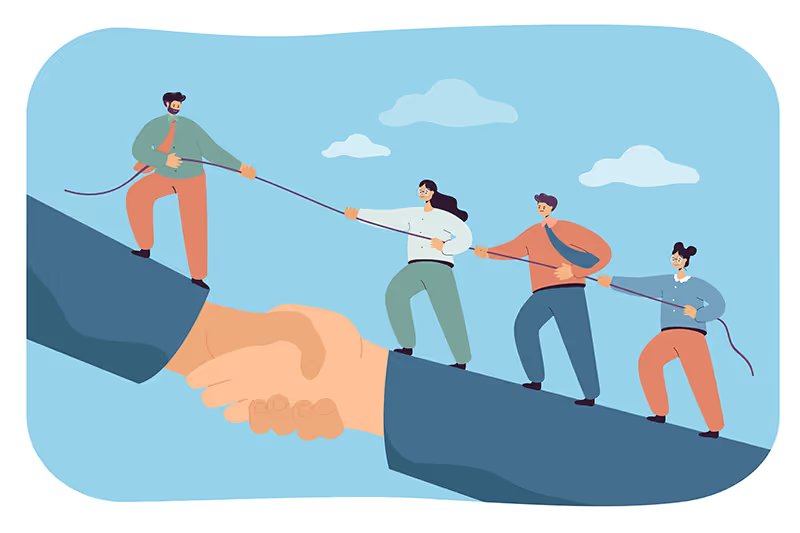Innovation doesn’t happen by accident. Although our best ideas seem to come at random — say, in the shower or just before bed — research has found we can intentionally design our days to foster those “Aha!” moments.
The NeuroLeadership Institute calls these design principles the “conditions for insight,” and we’ve identified several conditions that play an outsized role: being quiet, being internally focused, feeling slightly positive, and not thinking directly about the problem you’re trying to solve.
Anyone can create these conditions to be more creative, but leaders especially can help employees structure their workdays based on the conditions for insight. How people schedule meetings, budget their time, and take breaks all contribute to what breakthroughs rise to the surface.
We’ve listed four such opportunities below.
1) How you plan your day
Leaders can look at their schedules and ask themselves: “Am I building in time for quiet reflection? And if so, when is that time?” If they find most of their reflection happens at the end of the day, after fatigue has set in, they may consider moving it earlier.
For instance, leaders can consider blocking out time for reflection in the morning, when the mind is rested and has yet to deal with a nagging inbox and other external demands.
2) How you run meetings
Meetings are great opportunities to do some thoughtful brainstorming. Unfortunately, a lot of meetings optimize only for quick consensus building. If people are talking, they aren’t engaged in quiet reflection.
The better option: Allow people to process material quietly, capture their insights, and then discuss.
3) The content of meetings
Even just the scope of the meeting is important. People don’t always need to come together to action on specific items, which can encourage too much tactical, in-the-box thinking.
Before scheduling your next meeting with a hard agenda, try putting a meeting on the calendar that is just for generating insights and getting creative, without worrying about what the next steps might be. (Chances are, they’ll change over the course of the meeting anyway.)
4) How you design learning
Growth and development are essential for staying on the cutting-edge, but only if actual learning is taking place. Leaders should ask themselves: “Are employees asked to absorb tons of new information all in one sitting, without opportunities to reflect and apply?”
If so, try this out: Deploy learning in smaller chunks, with lots of time to digest and make new connections, as well as “test out” the learning in the real world, before layering on even more learning.
Together, these four opportunities help leaders get their employees to generate new, smarter solutions to the same old problems. That means fewer moments of feeling stuck, burnt out, or uncreative, and more moments of strong, productive engagement.




.avif)



